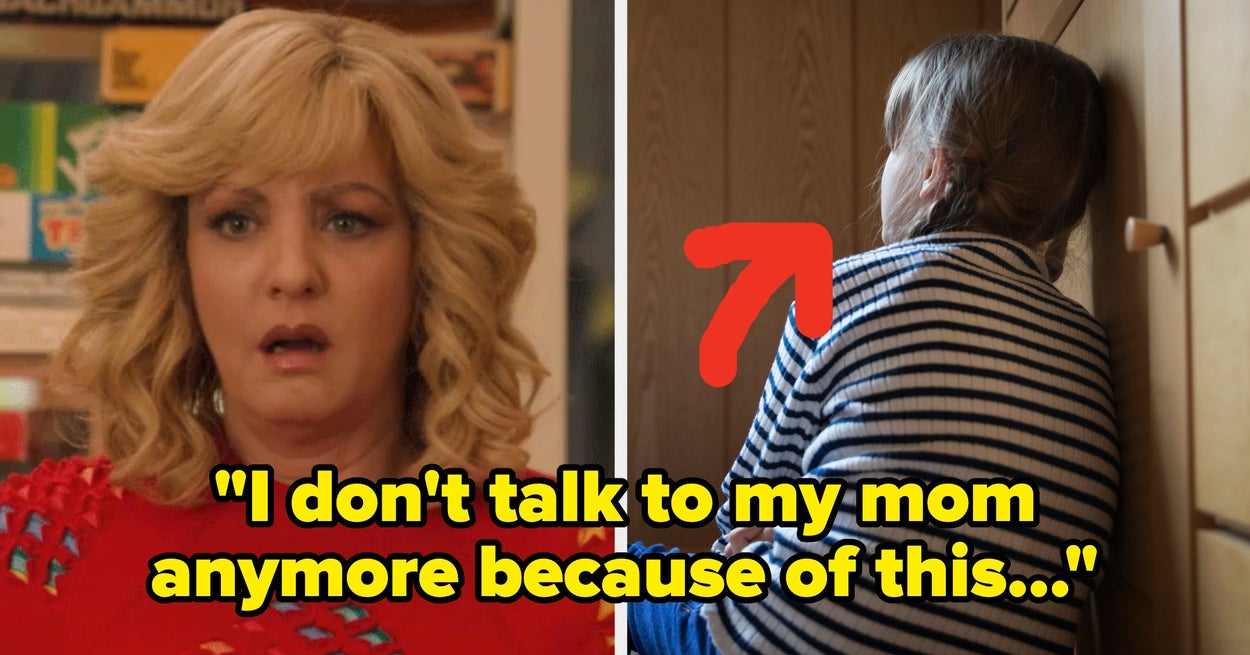
"'I was able to do this when I was your age, so you can, too!' My parents were both extremely athletic when they were younger. I begged them to take me out of sports, but they put me in multiple ones that I failed at because I have zero hand-eye coordination, and I just hated playing sports. They told me I just wasn't 'trying hard enough.' It took years for them to realize I'd never be like them or my older athletic sibling. I had a breakdown one day before a soccer game, and it finally dawned on them that they were making me miserable."
"'You'll grow out of it.' My mother said it constantly growing up. If she disagreed with something you did, a decision you made, or a life plan she didn't like... you'll grow out of it. Sorry, Mom, just like 12-year-old me said, I'm still a vegetarian, still don't want kids, and will still choose happiness instead of money. The only time she wavered was when I said I was breaking up with a guy because he was a jerk, and she said 'You'll grow to like him; he makes a lot of money.' Nope"
"My husband tells our 10-year-old daughter, 'Do what you're told,' and it gets me every time. She should be allowed options, and I try to instill those. It's never an explanation from him; it's always a command."
Authoritarian responses like 'Because I said so' and commands such as 'Do what you're told' silence children's questions and deny age-appropriate explanations. Comparisons and demands rooted in parents' own histories — 'I was able to do this when I was your age' — pressure children into activities that may not match their abilities, fostering anxiety and inadequacy. Dismissals like 'You'll grow out of it' invalidate persistent identities and choices, eroding autonomy. Allowing options, providing explanations, and recognizing individual interests supports self-esteem and healthy development. Persistent control and comparison can make children feel misunderstood, constrained, and miserable.
Read at BuzzFeed
Unable to calculate read time
Collection
[
|
...
]